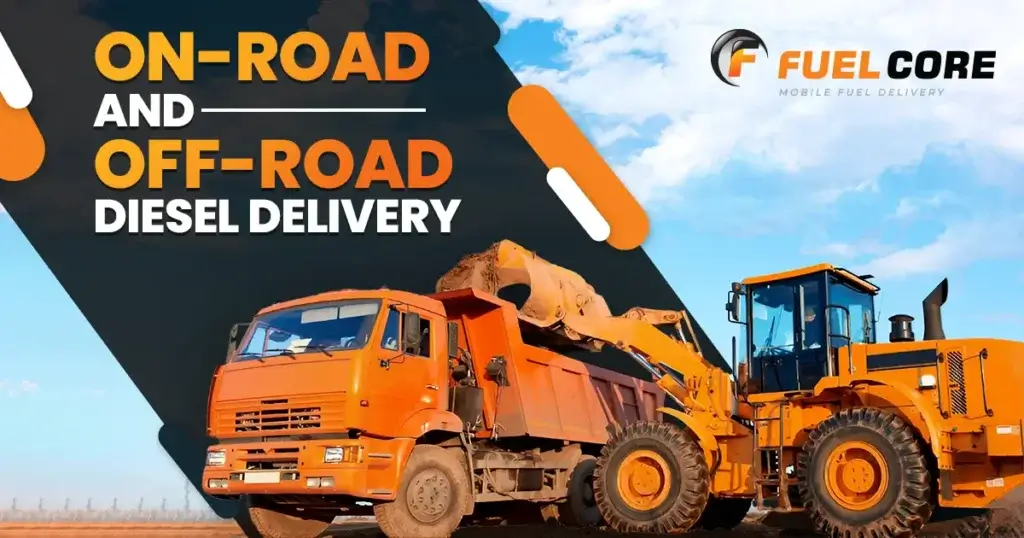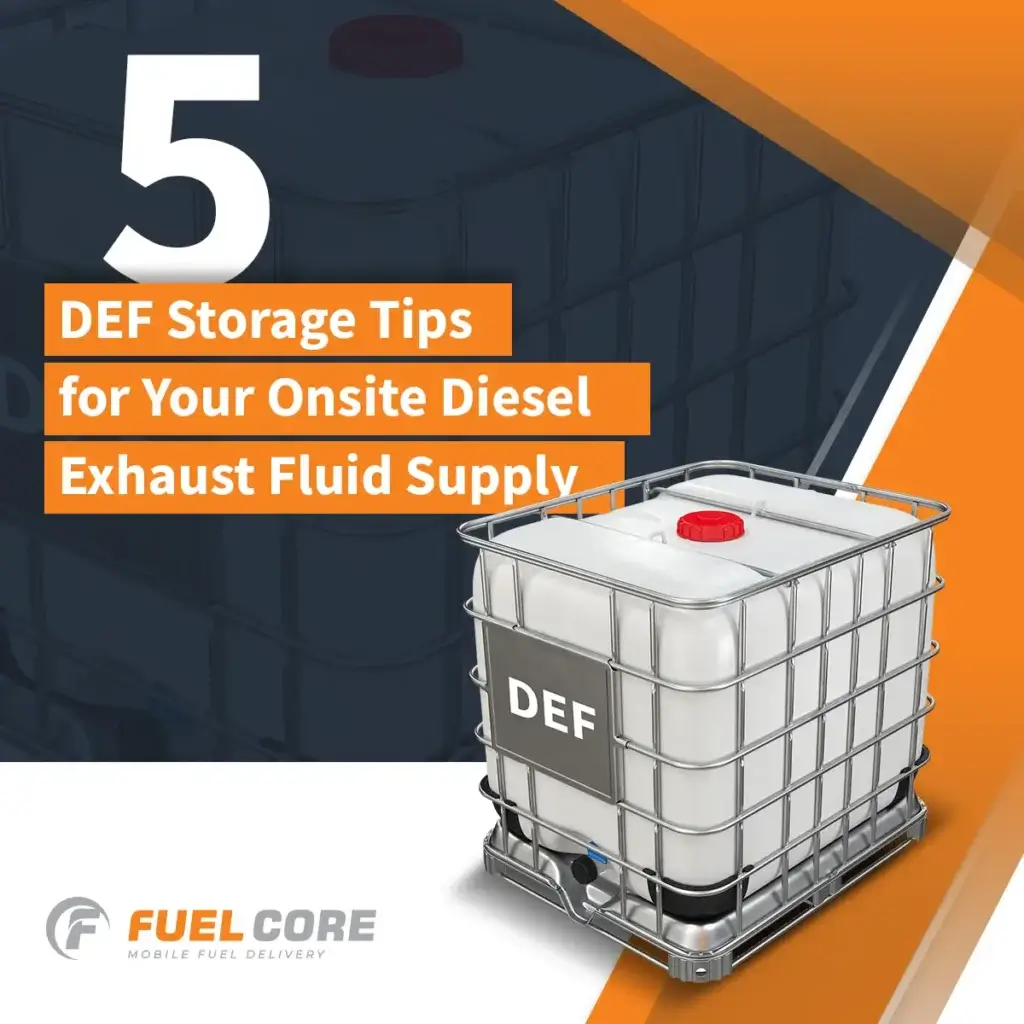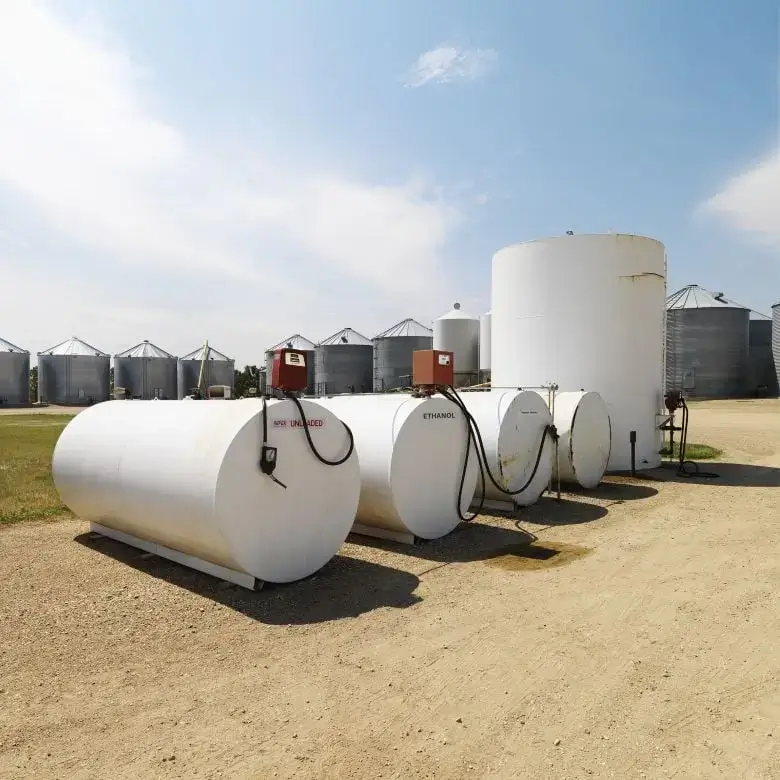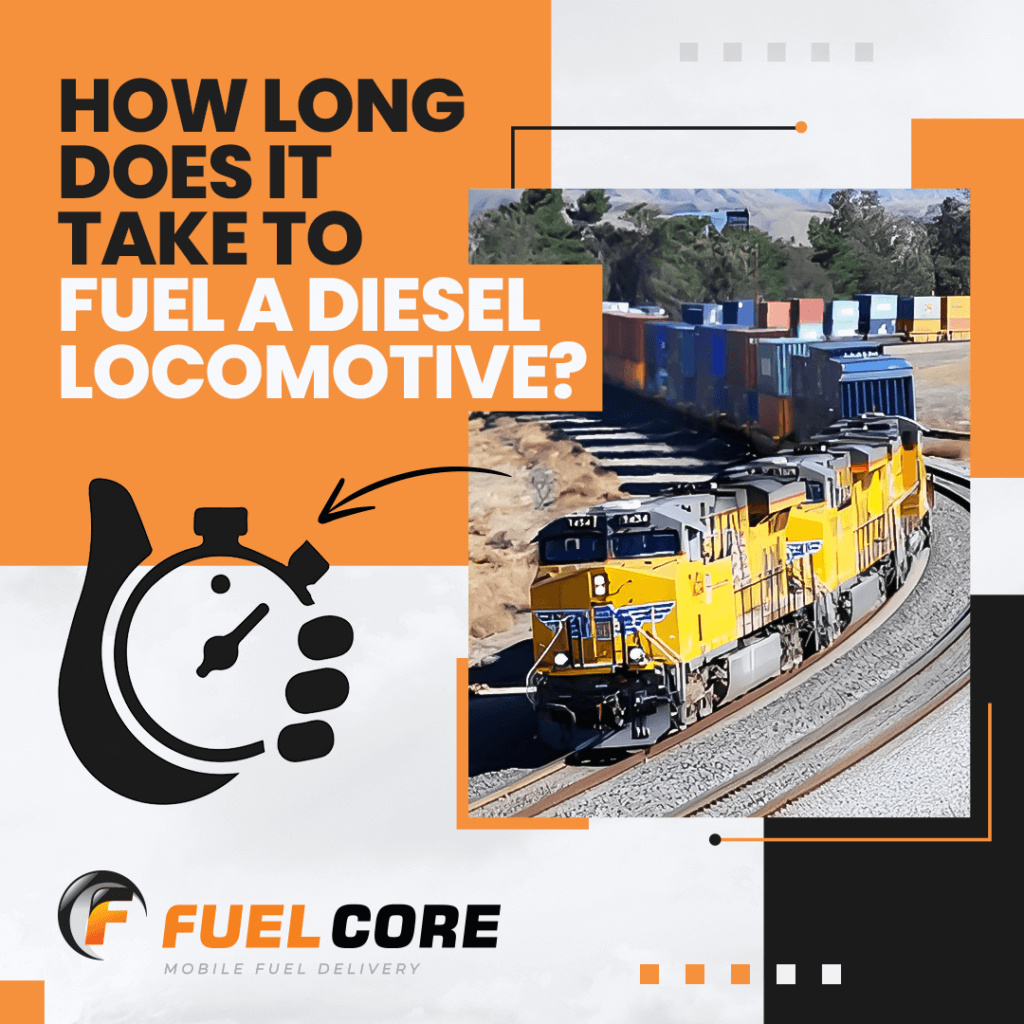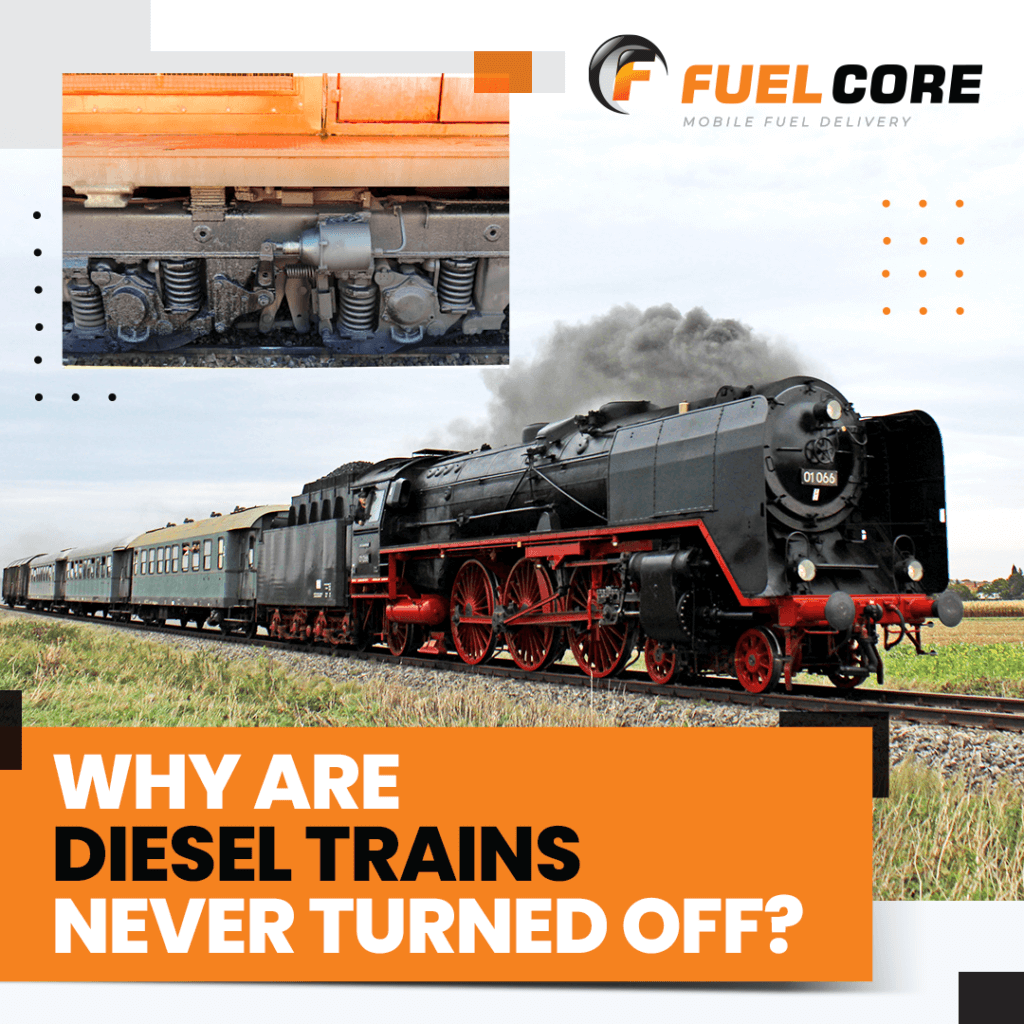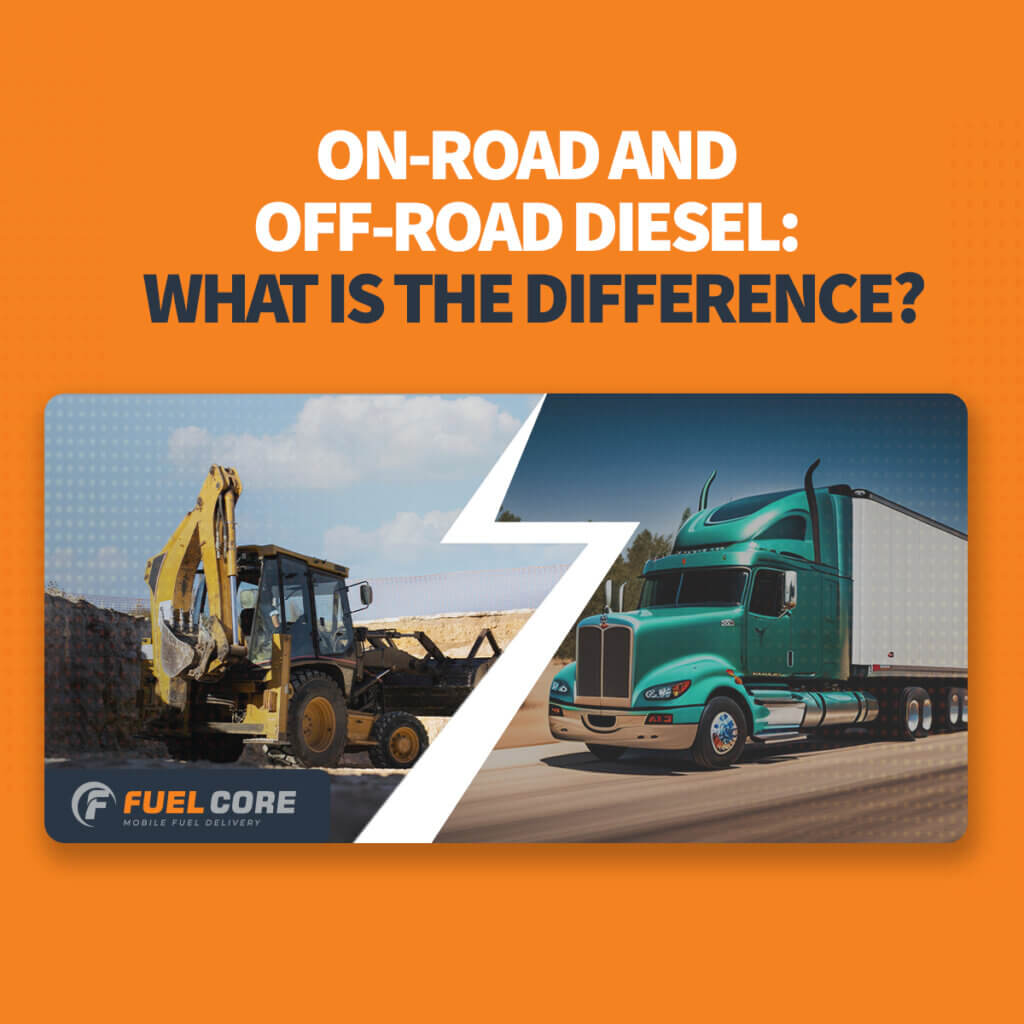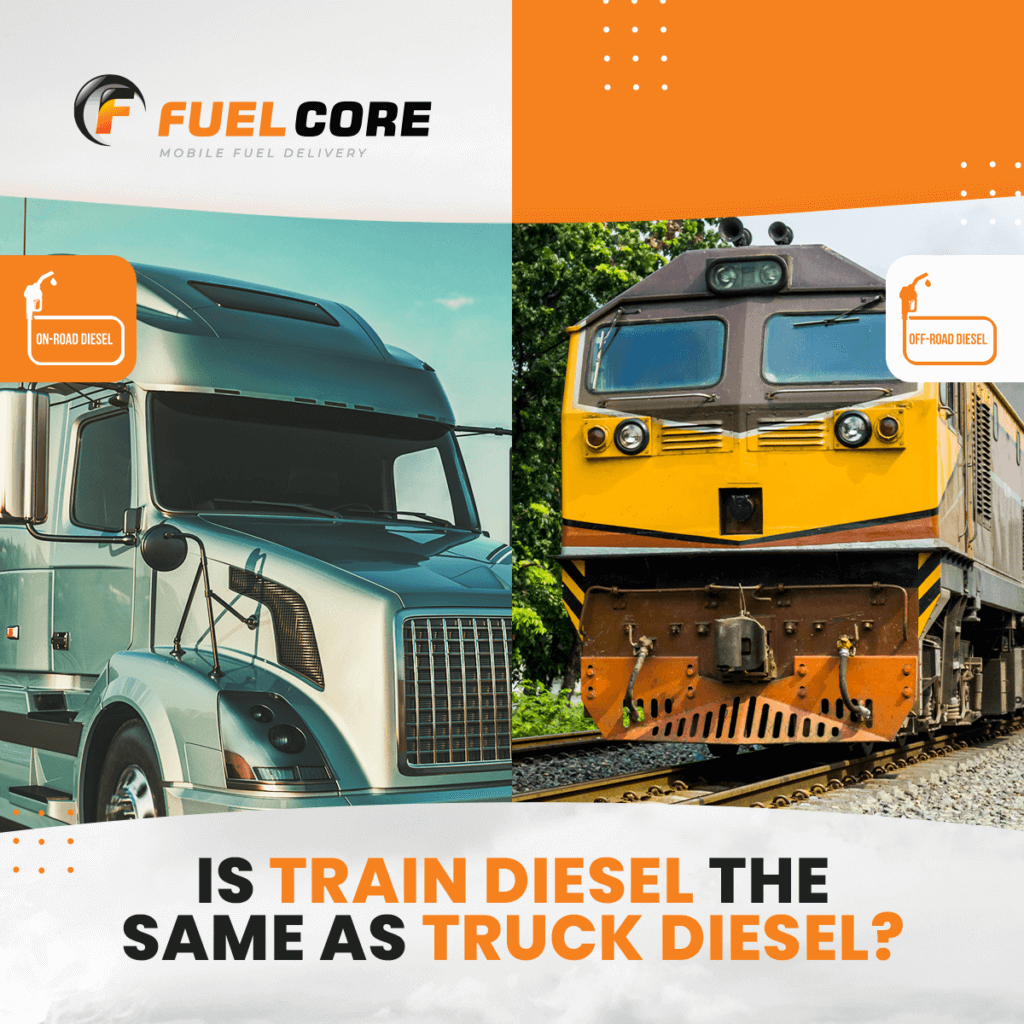Does Off-Road Diesel Go Bad? Preservation Tips and Solutions
Does Off-Road Diesel Go Bad? Learn About Off-Road Diesel Storage
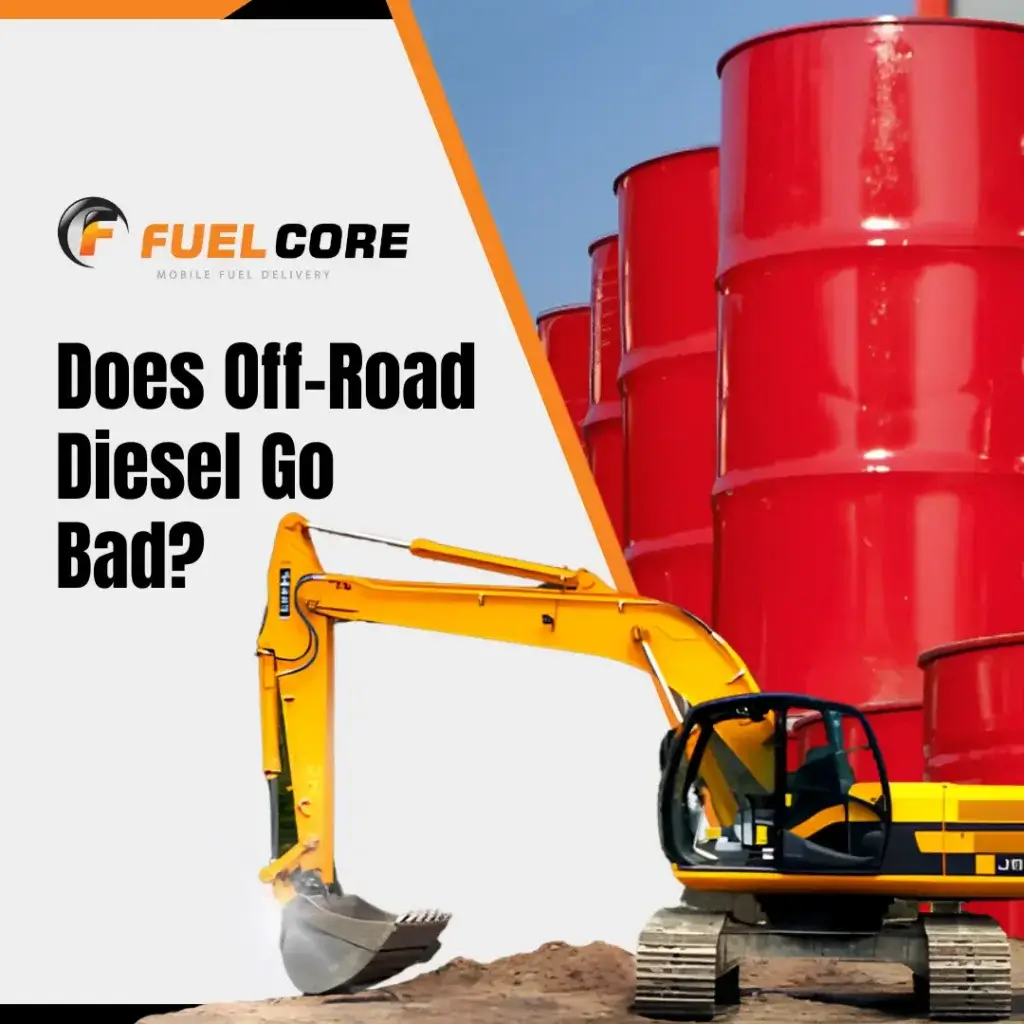
Understanding the storage limits of off-road diesel is crucial for maintaining fuel efficiency and machinery performance. This guide from Fuel Core will explain how off-road diesel can degrade and what you can do to preserve its quality.
Understanding Off-Road Diesel
Off-road diesel, distinguished by its red dye, is used primarily in equipment and vehicles that do not operate on public roads. This includes machinery in agriculture, construction, and similar industries. Unlike regular diesel, off-road diesel is not subject to highway taxes, making it a cost-effective solution for heavy-duty operations.
Does Off-Road Diesel Go Bad?
Yes, off-road diesel can go bad over time. The shelf life of off-road diesel typically ranges from 6 to 12 months under normal storage conditions. Several factors contribute to the degradation of diesel fuel, including oxidation, microbial growth, and exposure to extreme temperatures. Water contamination can also lead to the growth of algae and bacteria, which produce acids that corrode fuel components.
Tips for Extending the Life of Off-Road Diesel
Fuel Core recommends several strategies to extend the lifespan of your off-road diesel:
- **Use Quality Storage Containers**: Invest in high-grade fuel storage tanks that shield the diesel from environmental factors.
- **Regular Maintenance**: Check and clean storage tanks periodically to prevent rust and sediment buildup.
- **Fuel Additives**: Use additives that stabilize the fuel and prevent oxidation and microbial growth.
- **Proper Handling**: Ensure that fuel handling practices minimize exposure to contaminants and moisture.
How Fuel Core Can Help

Fuel Core specializes in providing high-quality off-road diesel delivery services that ensure your diesel is fresh and of the highest quality. Our delivery solutions are tailored to keep your operations running smoothly without the inconvenience of managing fuel supplies yourself.
Final Thoughts and Call to Action
Proper maintenance and storage of off-road diesel are key to maximizing the efficiency and lifespan of your fuel. By partnering with Fuel Core, you gain access to premium off-road diesel and expert delivery services designed to meet your specific needs. Don’t let bad diesel slow down your operations—contact Fuel Core today and experience reliable, efficient fuel management delivered right to your site.

